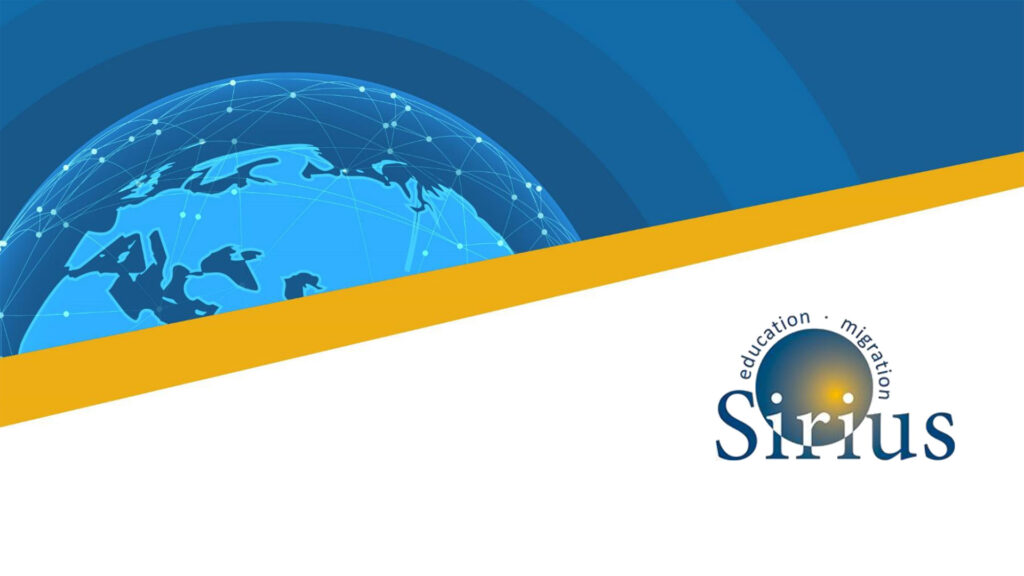Already for decades, European countries have ample experience receiving refugee children. The last peak was in the 1990s due to the civil war in former Yugoslavia, the war in Iraq and the political situation in Iran. Because of the most recent conflicts in the Middle East and Africa, between 2013 and 2015 no less than 613.395 youngsters under the age of eighteen applied for asylum (European Commission Education and Training Monitor 2016). Policy makers and practitioners across Europe are struggling to offer education to these new refugee children (EUROCITIES, 2017). Civil society organizations were often the first to provide language and educational support for refugee children. The coordination of the efforts of the different stakeholders (different local government bodies and civil society organizations) was often difficult to manage (Peer learning report Sweden). What can we learn from all these experiences, so that the children and young people arriving will not become a lost generation?


